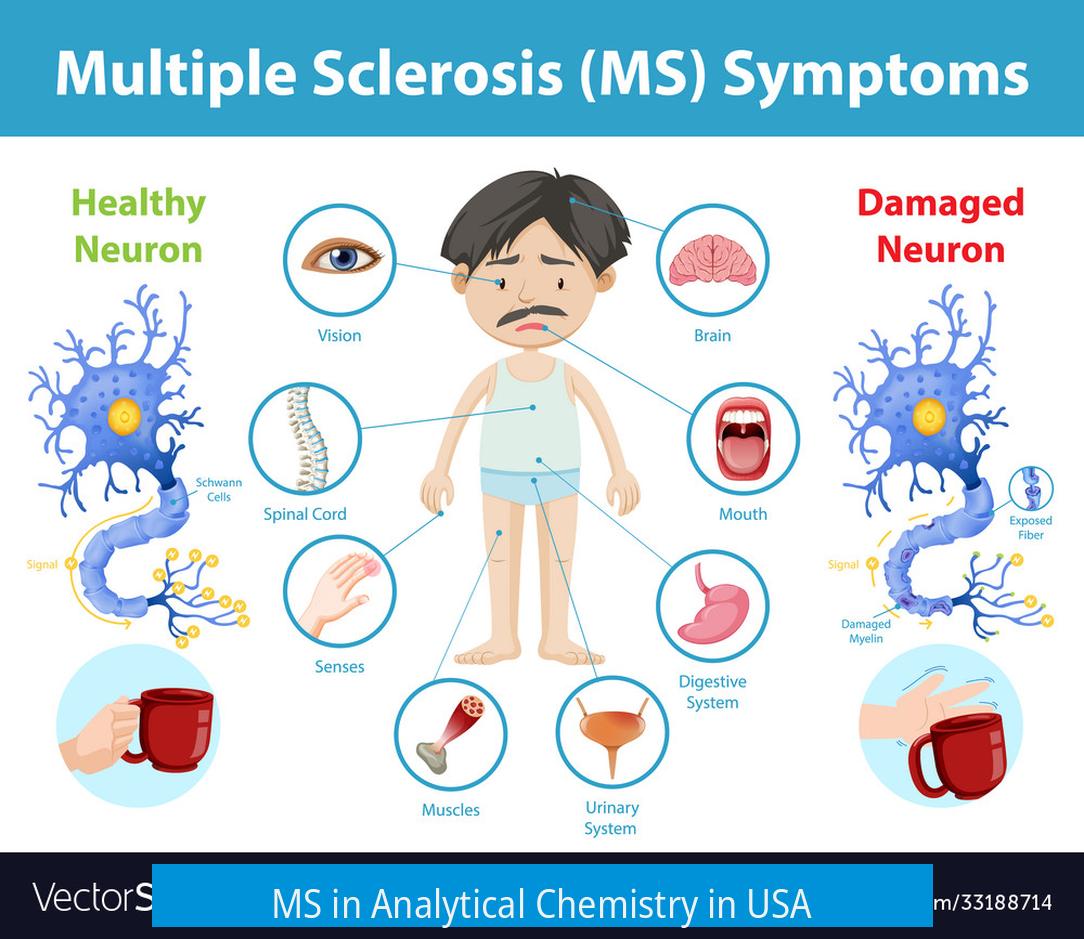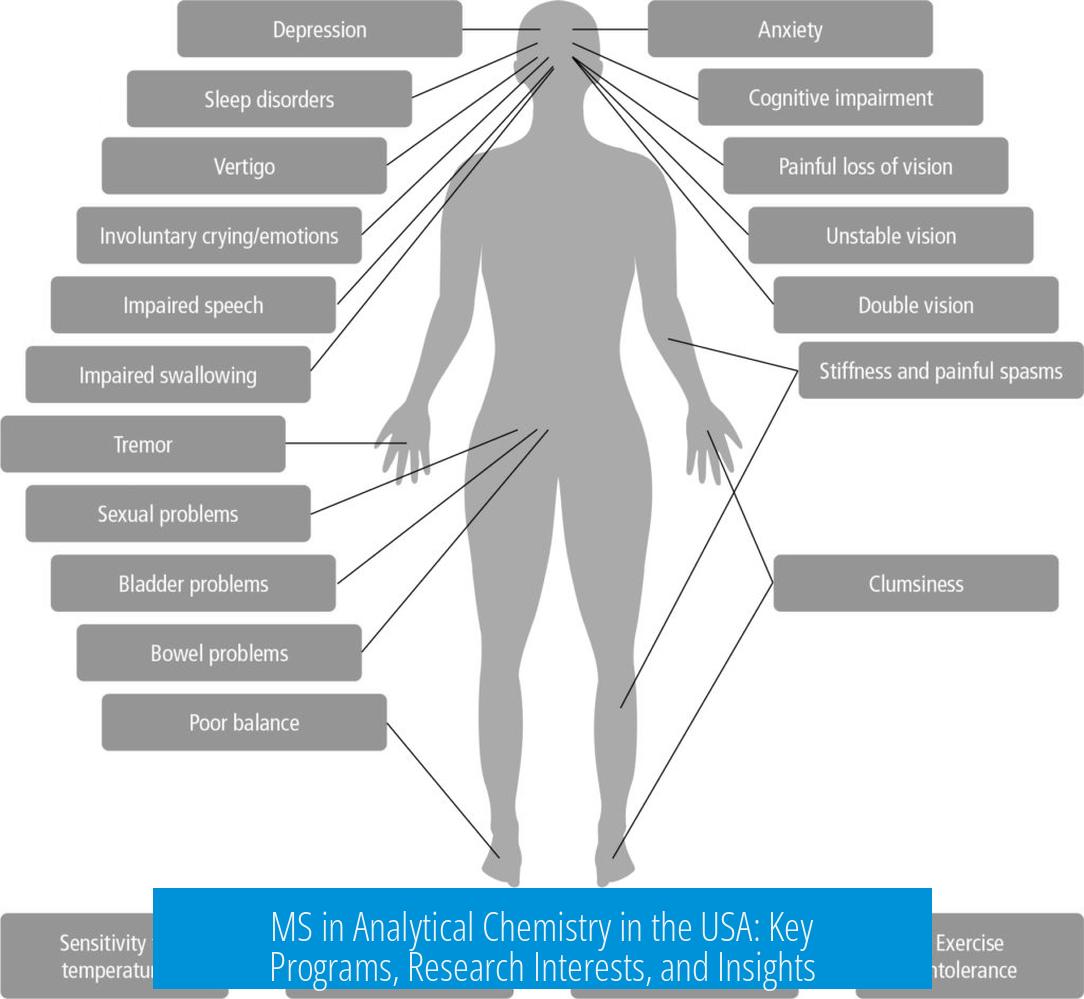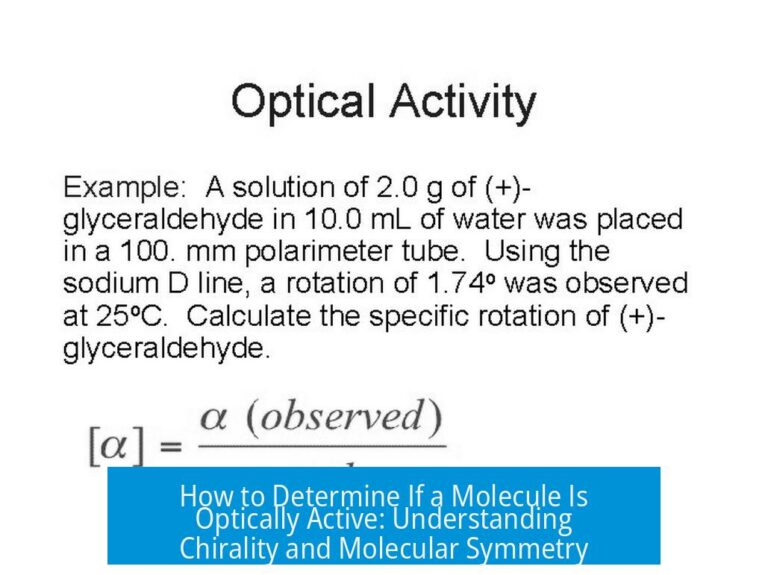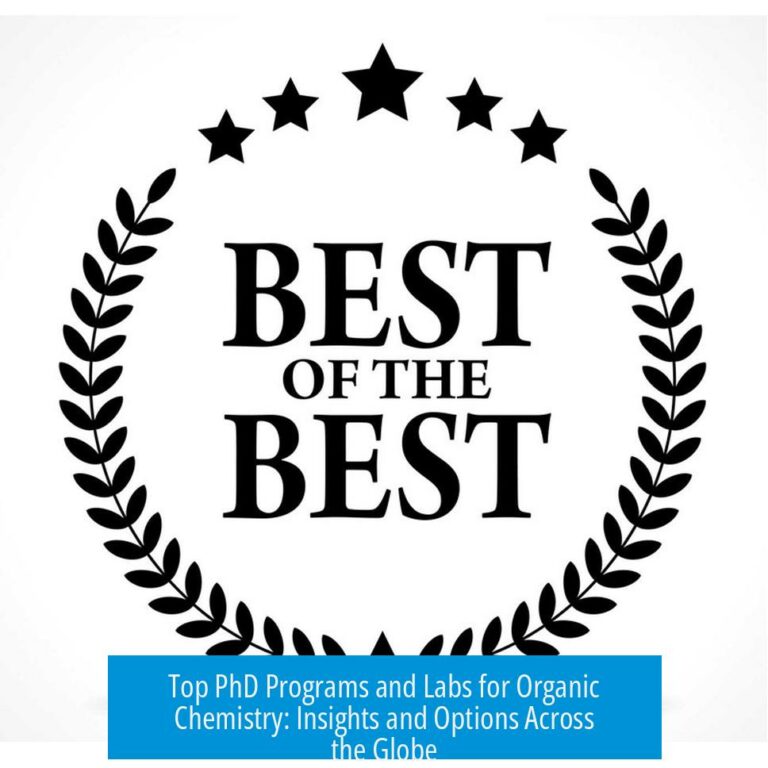MS in Analytical Chemistry in USA

An MS in Analytical Chemistry in the USA is available but not widely offered as a terminal degree in many institutions, especially those with strong PhD programs in the field. Many schools prioritize PhD candidates, and some view the MS as secondary or a fallback. This perspective, however, should not deter prospective students who aim to deepen their skills and knowledge in analytical chemistry.
Availability of Terminal Master’s Degrees
Several top analytical chemistry programs in the US primarily focus on PhD training and may not offer a dedicated terminal MS degree. This situation leads to a perception among some employers that an MS is less prestigious compared to a PhD.
Many students pursue the MS as a standalone goal or as a step towards the PhD. Therefore, it’s important to understand the program structure and goals before applying.
Choosing a Program Based on Research Interests
When selecting a program, the research focus and faculty expertise matter more than the institution’s overall reputation. Prospective students should identify their specific analytical chemistry interests and seek programs where faculty lead research in those areas.
For example, if a student is not interested in mass spectrometry, attending a university famous for a mass spectrometry expert might be less beneficial than choosing a school with strengths aligned to their interests.
Notable Programs and Faculty
- University of North Carolina at Chapel Hill – Recognized for strong analytical chemistry research.
- Purdue University – Known partly for faculty like Graham Cooks, a leader in mass spectrometry.
- University of Wisconsin-Madison – Known for research in Fourier Transform Infrared Spectroscopy (FT-IR).
These universities represent some of the top choices for analytical chemistry due to their specialized faculty and research facilities. However, several other institutions also conduct world-class research in various analytical subfields.
Personal Experience and Examples

Currently, students like those at the Illinois Institute of Technology (IIT) in Chicago report positive experiences with their MS programs in analytical chemistry. Graduates from such programs often gain valuable skills applicable in industry and research.
Key Takeaways
- An MS in Analytical Chemistry in the US is available but not always as a terminal degree in major research universities.
- Choosing a program should depend on research alignment rather than general reputation.
- Notable programs include UNC Chapel Hill, Purdue, and Wisconsin-Madison, each with specific strengths.
- MS graduates develop practical expertise valuable in industry and academia.





Leave a Comment